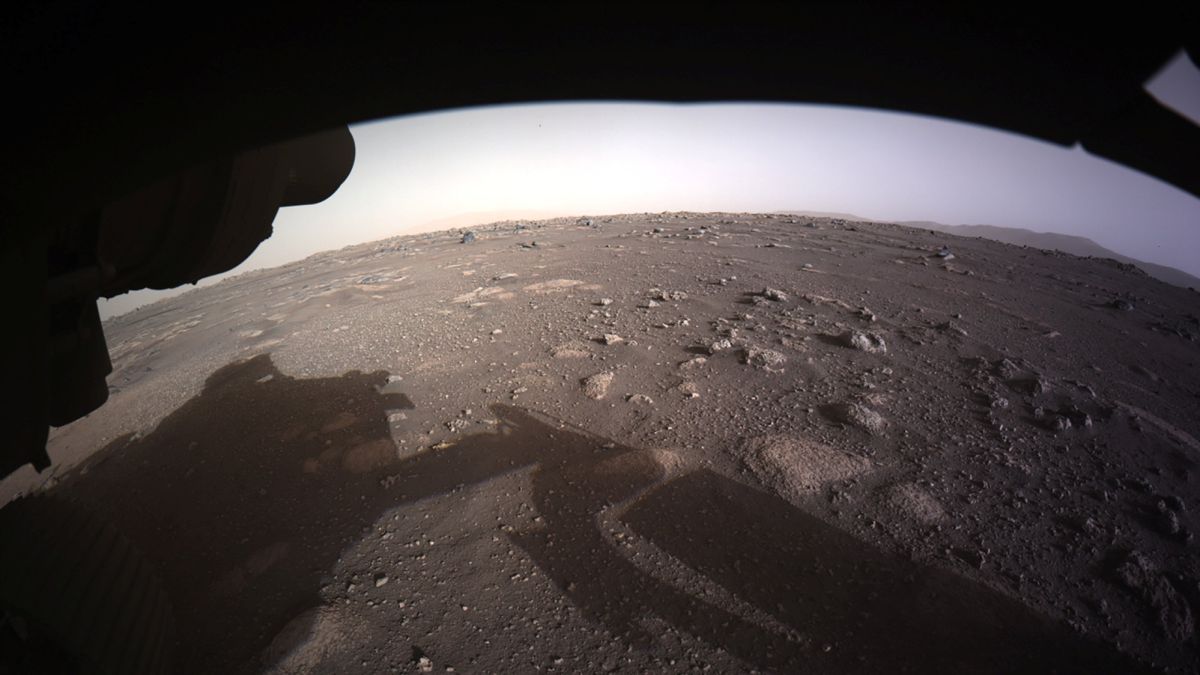The arrival of the Perseverance spacecraft on Mars has sparked interest in many of the possible discovery of extraterrestrial life. Nevertheless, study indicates that some microbes from Earth could survive harsh Martian conditions and lead to the erroneous conclusion that life has been found.
A study published in the journal ‘Frontiers in Microbiology’ has analyzed in the middle stratosphere, 38 kilometers high, the survival of different fungi and microbes from Earth sent with a ‘scientific globe’.
The conditions of this place resemble the surface of Mars in “high doses of ionizing and non-ionizing radiation, their low temperature and extreme desiccation”, according to the study.
The black mold fungus (Aspergillus niger) and the bacteria Salinisphaera shabanensis, Staphylococcus capitis subsp. capitis and Buttiauxellasp were the agencies sent in this study from NASA and the German Aerospace Center.
“Some microbes, particularly the spores of the black mold fungus, were able to survive the trip even when they were exposed to very high ultraviolet radiation “, Marta Filipa Cortesão, the director of the experiment, explained in statements collected by Cadena SER.
“The ubiquitous presence of Aspergillus niger spores in human habitats closed indoors, and its high resistance to outdoor conditions, suggests they will probably travel with us to Mars”, indicates the study.
This conclusion increases the concern to properly sterilize all vessels sent to the red planet, since carelessness it could lead to confusing unintentional contamination with the discovery of extraterrestrial life.
For its part, the survival of bacteria depends on several aspects, including the ultraviolet radiation to which they are subjected, as this happened with the bacteria Salinisphaera shabanensis and Staphylococcus capitis subsp in the experiment.
According to the study, with periods of time greater than 5 hours, the presence of bacteria would be more viable.
A Risk and an Opportunity
The discovery warns of the dangers that may arise for future astronauts traveling to Mars: “Inhalation of spores can cause respiratory diseases” which causes the need for more studies “on how the species responds to the conditions of space flight and the consequent health implications for astronauts, particularly in long-term space missions”, says the study.
But the potential risk too may become an opportunity as some agencies “could help us produce food and supplies of materials independently from Earth, which will be crucial when you are away from home,” says Katharina Siems of the German Space Center.

